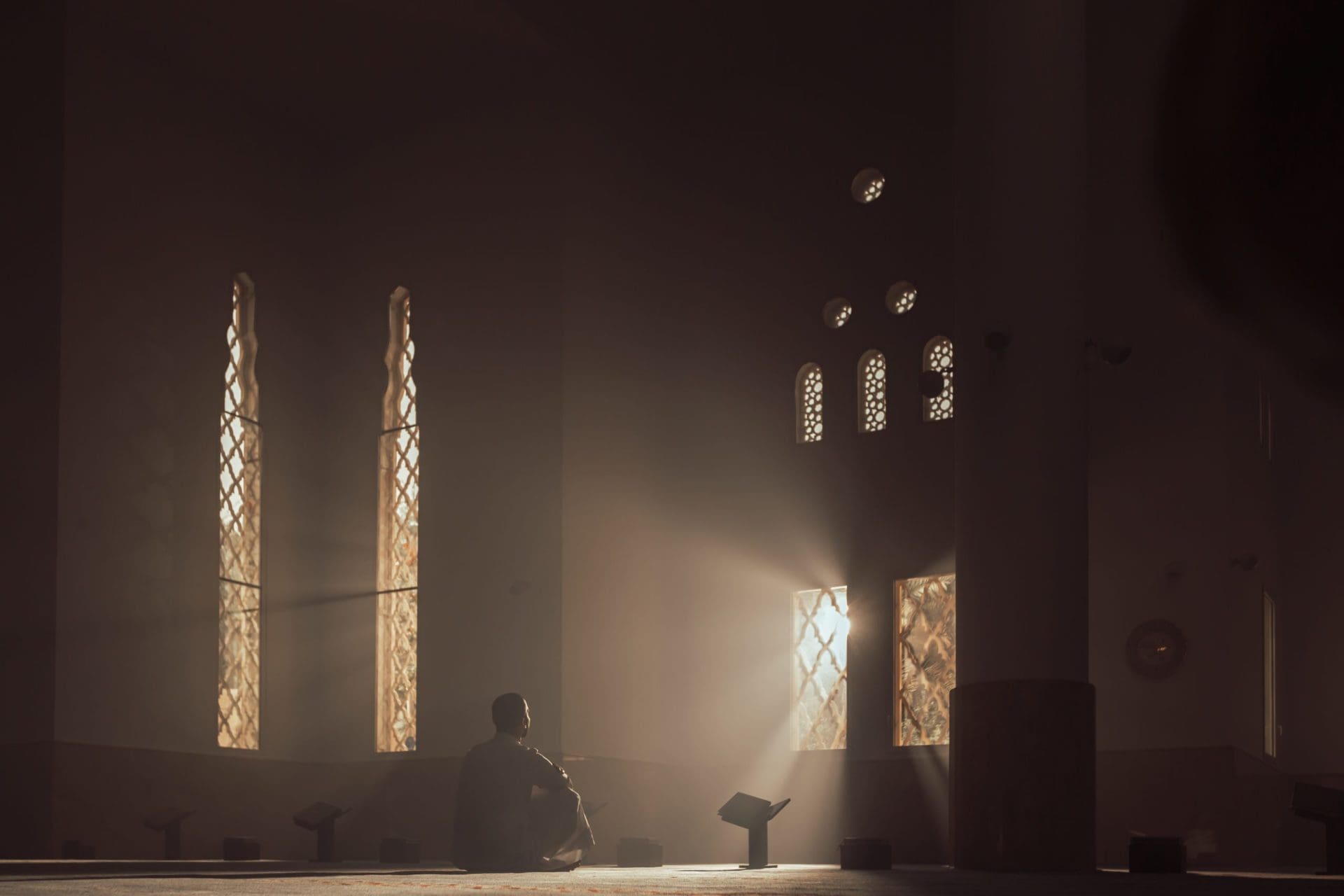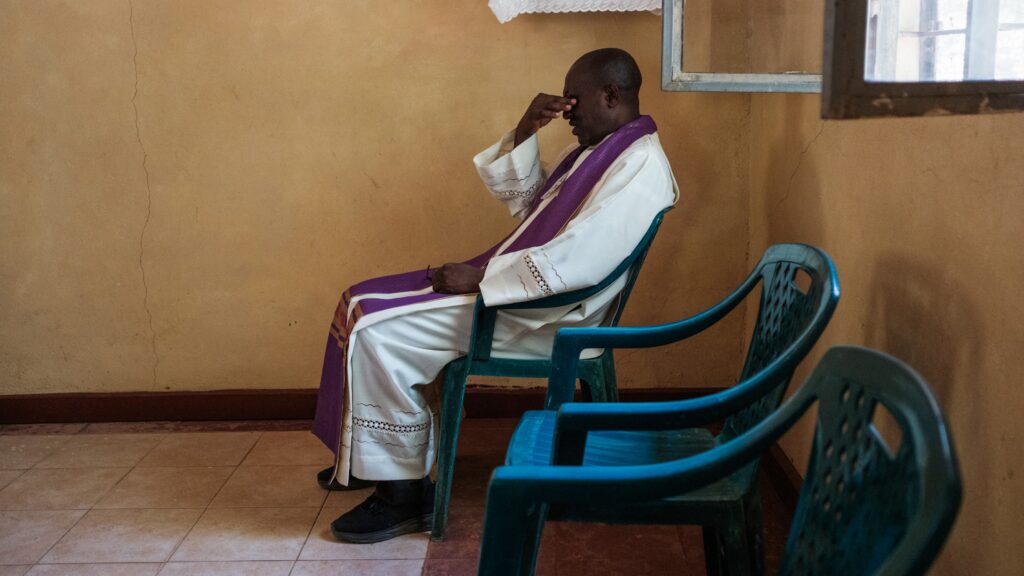This year marks the fourteenth-hundredth anniversary of the official birth of Islam when according to the Islamic narratives the prophet Muhammad migrated (Hijrah) or fled persecution from Mecca to the city of Yathrib (present-day Medina) in 622.
Many in the Muslim world maintain that it was during that time that Muhammad delineated the first ever constitution in the world (known as the Medina Charter) that historically established certain democratic principles we recognise today.
Islamic scholars claim that the Charter, among other provisions such as equal rights granted to Muslims and non-Muslims, proclaimed:
- the formation of a nation of Muslims (ummah) consisting of the Muhajirun (the early Meccan Muslims who accompanied Muhammad on his Hijrah) from the Quraysh (the ruling tribe of Mecca), the Banu Qurayza (Jewish tribe) and other Muslims of Medina;
- the establishment of a system of prisoner exchange in which the rich were no longer treated differently from the poor (as was the custom in pre-Islamic Arabia);
- that all the signatories would unite as one in the defence of the city of Medina;
- the protection of Jews from religious persecution.[1]
It must first be pointed out that the flight to Medina was not the result of persecution, as Muslim panegyrists recount, but the consequence of Muhammad’s failure to subvert the Meccans to his preaching. He subsequently ceased being a private preacher and became a political and military leader. His purpose was not to rid himself ‘of foreign occupation but to strive for a new universal order in which the whole of humanity would be able to embrace Islam or live under its domination.’[2]
As soon as Muhammad no longer had to rely on the support of the Jews, he swindled them and commanded his fellow Muslims to engage them in battle
That being said, it remains a fact that the Medina Charter was nothing more than an agreement among tribal groups that singled out certain individual privileges and duties, as well as the limitations placed on non-Muslims. Actually, as soon as Muhammad no longer had to rely on the support of the Jews, he swindled them and commanded his fellow Muslims to engage them in battle until they accepted Islamic hegemony in the form of a jizya (poll tax).[3] This coerced the Jews (and other non-Muslims) to yield to discriminative norms that would remind them on a regular basis of their subordinate position.[4]
Humouring the argument that the Charter was the precursor to our present-day democracy, i.e., it created political harmony with the non-believers and simultaneously fostered human rights, the Charter is not a political constitution in the literal sense.
A constitution is the fundamental and organic law of a nation or state that establishes the institutions and apparatus of government, whereby the scope of governmental power is defined, in addition to guaranteeing individual civil rights — something the Charter of Medina is not. A constitution presupposes democracy, something that is completely absent in a state that relies on sharia law: inequality between Muslims and non-Muslims[5] and between men and women.[6]
The concept of an Islamic constitutional tradition is complex in light of orthodox Islamic understandings of the utter sovereignty and agency of Allah over the entire world, governments and governed alike: ‘Allah… makes none to share in his decision and his rule.’ — Surah 18, 26
The claim of the Charter being a constitution is pretentious at best, especially since there is doubt among scholars as to whether it was written as a unitary document. There is also question as to its historicity,[7] since only fragments from early Islamic sources survive. They appear for the first time in Ibn Ishaq’s Sirah Rasul Allah, the first ever written biography of Muhammad approximately 150 years after his death.
A key point to be analysed is the sole reference Ibn Ishaq makes to the constitution: ‘The apostle wrote a document concerning the emigrants and the helpers in which he made a friendly agreement with the Jews and established them in their religion and their property, and stated the reciprocal obligations.’[8]
The passage only mentions an agreement between the emigrants and the helpers and the Jews, rather than with all the people of Medina, as one might expect. It clearly delineates a separate status between the Muslims and the Jews, instead of a unified populace.
Analyses by modern scholars, such as Julius Wellhausen, indicate that the Charter was part of Muhammad’s design to neutralise the Jews and establish a hegemonic order, which is in fact what occurred. Wellhausen states:
‘I doubt that there was indeed a written agreement of which both parties had a copy. The Jews never referred to their document. The Banu Qurayza claimed that there was no agreement between them and Muhammad. Their leader Kacb Ibn Asad, did not tear up a document, rather a shoelace, to demonstrate symbolically the breach with the Medinans. [There was no] general agreement with the Jews, but only special arrangements with individual clans, for the Jews were no political unit, rather each of their clans formed a confederation with the neighbouring Arab clan.’[9]
The Medina Charter did not promote individual rights, let alone harmony among the peoples of the time, rather fourteen hundred years of divine-inspired violence against Allah’s dissenters
In Islam, society is ordained to be passive and socially underdeveloped, because the sharia-based tenets, whether officially incorporated or not within a modern-day constitution of a country, prevail. This state of affairs automatically inhibits the average Muslim from thinking and deliberating in rational terms — not to mention that neither the rulers nor the ruled can reason beyond their divine legislation. To sum up, the Medina Charter did not promote individual rights, let alone harmony among the peoples of the time, rather fourteen hundred years of divine-inspired violence against Allah’s dissenters. The sharia-based social inequality has manifested the opposite of what Islamists claim the Charter is.
[1] ‘Diplomatic Career of Muhammad,’ slife.org, https://slife.org/diplomatic-career-of-muhammad/, accessed 8 April 2022.
[2] H. A. R. Gibb, Studies on the Civilisation of Islam, London, Beacon, 1968, p. 4. in Efraim Karsh, Islamic Imperialism: A History, New Haven, Yale University Press, 2007, p. 6..
[3] ‘Jizya,’ Encyclopaedia Britannica, https://www.britannica.com/topic/jizya, accessed 7 April 2022.
[4] Robert Spencer, The Truth about Muhammad: Founder of the World’s Most Intolerant Religion, Washington DC, Regnery Publishing, 2007, p. 153.
[5] ‘Chapter Four – Discrimination Between a Muslim and a Non-Muslim,’ answering-islam.org, https://www.answering-islam.org/BehindVeil/btv4.html, accessed 8 April 2022.
[6] Mario Alexis Portella, ‘Inequality And Injustice For Women Under Islamic Law,’ faithandfreedom.org, https://www.faithfreedom.org/inequality-and-injustice-for-women-under-islamic-law/, accessed 8 April 2022.
[7] Tom Holland, In the Shadow of the Sword: The Birth of Islam and the Rise of the Global Arab Empire, New York, Doubleday, 2012, pp. 548-49.
[8] Ibn Ishaq, Sirah Rasul Allah, ed. A. Guillaume, Oxford, Oxford University Press, 1982, pp. 231-232.
[9] Arent Jan Wensinck, Muhammad and the Jews of Medina, Berlin, Skizzen und Vorarbeiten, 1982, p. 137.







